|
6/8/2020 12 Comments Enough, No More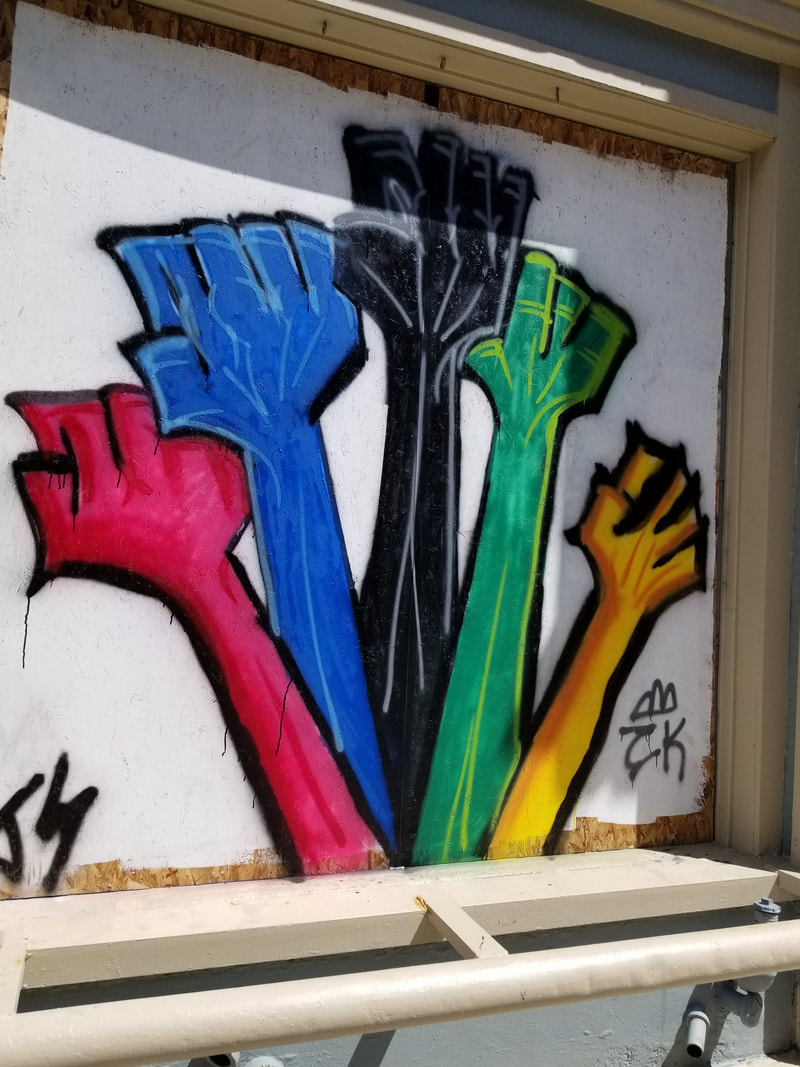 When I was a child in the 1960s, it seemed that everyone smoked. Cigarettes were everywhere in American society. Tobacco companies not only had ads for their products in magazines and on billboards, but they sponsored radio and television shows, and funded charitable and sporting events. Cigarettes were relatively cheap, and if you couldn’t afford them, you could roll your own from loose tobacco for even less money. Big Tobacco made their product available for anyone who wanted it. Anyone who was anyone smoked. Movie stars, politicians, musicians, the rich, the factory worker, the poor. No one questioned the health issues or even the aesthetics. People could smoke in the workplace, in restaurants and theaters, just about everywhere but church. There was nothing cooler than having a cigarette in your hands. Everyone wanted to look as elegant as Sophia Loren or Lauren Bacall, as cool as Bogart or Miles Davis, or dangerous and sexy as an international spy or Steve McQueen. From the Beat Poet to the Marlboro Man, the soldier on patrol to the sexy girl allowing a man to light her cigarette, there was no doubt that being a smoker made you a winner. Until it didn’t. My parents, like most adults, smoked. By the time I was in my very early teens, the dangers of smoking were now well-known. But both of them were now two-packs a day smokers, both addicted to nicotine just as millions of other people were, and still are. My brother and I wanted them to quit. I hated the smell, I hated that the accumulated nicotine turned everything yellow, and I hated seeing ashtrays everywhere, stuffed with stubbed out butts, smoked down to the filters. I hated riding in a car full of smoke. And I was terrified they were going to get lung cancer and die. We were pretty insistent and obnoxious about it until one day my Dad just up and quit. One day he was a smoker, the next day he wasn’t. He never went back. It took my Mom longer. She wanted to quit, but just couldn’t do it. She tried patches, even got someone to hypnotize her, but she couldn’t quit. The moment of truth came one night when she ran out of cigs and tore through the house looking for more. Like an alcoholic looking for liquor, she went through all of her purses and pockets, drawers, and boxes. She combed through the ashtrays looking for a butt that had enough tobacco left to get a couple of good drags, but there was no joy there. The stores were all closed. If she had been able to find a year old broken cigarette in the bottom of a purse, she would have smoked it like a drowning person reaching air. But there was nothing. The next morning, she emptied out all of the ashtrays, made sure she hadn’t missed anything, and never touched another cigarette again. She told us that she had reached that moment when she realized that these little rolls of flavored tobacco ruled her life. She didn’t like the angry, desperate person who tore the house apart. She was ashamed and embarrassed that we saw that. She had had Enough. I told that story because in life, there are all kinds of moments when you have to say “Enough. No more.” Sometimes those moments happen to us as individuals, sometimes as a society. They might not always be dramatic moments, but they are points in time where we realize that the status quo cannot remain. We cannot continue on the path we are on. It may be personal – the realization that you have to quit your hated job, or get out of a relationship, or get clean from drugs or alcohol, or just change your diet or your attitude. Sometimes the stage is much larger, and we, as a nation and a society can no longer tolerate the way things are. We have to stand up and be counted, and come together and say, “ENOUGH.” My small city of Troy, NY knows this. We have been here before. On April 27, 1860, a slave-catcher from Virginia had a fair-skinned black man named Charles Nalle dragged in chains before a Troy magistrate. Nalle was a fugitive, having escaped slavery in Virginia, via the Underground Railroad. He made the long way to Troy, where he worked as a coachman for Uri Gilbert, one of Troy’s wealthiest citizens. Nalle had once belonged to his half-brother, Blucher Hansbrough, the two men so close in appearance that only their dress and station in life made them strangers. Charles had left his wife and children in Washington DC and made a break for freedom, and was living in peace in Troy, planning to be reunited with his family. But his former owner and his hired slave catcher had other ideas. Charles was property, and no one escaped from Blucher Hansbrough. So there Charles was – handcuffed and helpless, with little hope of continued freedom, thanks to a law called the Fugitive Slave Act, which allowed southern slave owners and slave catchers to come north and reclaim their property. The Troy magistrate could not break a federal law and free Charles, even if he wanted to. But out in the streets of Troy, people were saying “Enough.” Troy was an Abolitionist stronghold, with an active group of anti-slavery citizens, both black and white. They were not going to allow one of their own to be dragged back to slavery and death. They also had a powerful secret weapon – the great Harriet Tubman, who just happened to be visiting relatives in Troy. Long story short, a huge crowd gathered around the magistrate’s office, on the corner of 1st and State Streets in downtown Troy. When Hansbrough and the marshals brought Charles out, to take him to the train station, a lot of angry people were waiting for them. Harriet Tubman and the other Abolitionists surrounded them, and in the melee, Charles was spirited away to the Hudson River. He was recaptured in Watervliet, but was freed again by the crowd, and eventually made his way to Niskayuna and hiding. In the end, Uri Gilbert and others paid for his freedom, he was reunited with his family, and lived in Troy for several years, a celebrated son of a proud city. (The complete story can be found here on my blog in previous posts. It’s an amazing story.) What Trojans did that day was totally illegal. It broke federal law. The Rescue of Charles Nalle is celebrated in Troy’s history and lore more than almost every other event in this historic city which as a lot to be proud of. Why? Because it was the right thing to do. It was perhaps, our proudest moment. Like Rosa Parks on the bus, like Martin Luther King, Jr. and the thousands of marchers crossing the Edmund Pettis Bridge, or the March on Washington, like Colin Kaepernick kneeling, or the Women’s March of 2017, these are “ENOUGH” moments. In 1772, Englishman John Newton penned the words to “Amazing Grace.” A former slave ship captain, he had a moment of epiphany after a shipwreck, found God, and wrote the lyrics to what is now the most famous hymn in the Christian faith. He went on to write scathing condemnations of the slave trade that greatly contributed to the abolition of slavery in Britain in 1807, only months before his death. He had seen the evil of slavery, had participated in it, but was now saying “Enough.” In America, thousands and thousands of people said “Enough,” and advocated for the abolition of slavery from before this country’s founding, up until the day it ended at the end of the Civil War. They were black and white, free and in bondage, rich and poor. While many simply agreed that slavery had to end, there were those who had to do more. They donated money, lent their names to decrees and declarations. They printed and distributed materials and pestered the authorities. And when that didn’t do enough, they became part of the Underground Railroad and other organizations, taking actions that put their own freedom and livelihoods in danger for helping others. Some, like John Brown, took up guns and died for the cause. And what of those in bondage themselves, people who said “Enough, I will be a slave no longer?” Like Charles Nalle, they emancipated themselves, and made that dangerous journey to freedom, always looking over their shoulders, trusting almost no one, praying that they would not get caught, killed, or worse, sent back and then sold even further south away from everything but death. Could we have done the same? Knowing that our dark faces and African features made us property to half the country? Not being able to read, not knowing much about even where they lived, with only the North Star to guide them? How many of us would have simply resigned ourselves to slavery and hoped for a better life in the next world? “ENOUGH.” Slavery is long over. No one who is alive today has been a slave, nor have our parents, grand-parents, or great-grandparents. No one today has ever been a slave owner. But while our befores would marvel at what African Americans have achieved in this society, they would still recognize the lingering effects of the hundreds of years that horrible legacy has retained. It didn’t end with the abolition of slavery. We watch movies like “Hidden Figures,” and we can’t imagine a world where black women were hired for their superior math skills which helped send man into space, but had to walk half a mile in the rain to use a segregated toilet. We are collectively angry, secure in the knowledge that society has overcome such stupidity. But then we see daily that the police are called with regularity by white people who feel that a black person is in a space where they don’t belong or doing an ordinary activity that these people feel they have no right to do. To be African American in 2020 is still to live with these constant micro-aggressions. Being followed when shopping, ignored when asking for help, our children treated as dangerous when doing the things all children do, even having our choice of hairstyles questioned or banned because they don’t fit the societal norms of beauty or good grooming. And then there is the policing and the killing of innocent black lives. “ENOUGH.” The recent deaths of George Floyd, Breonna Taylor and Ahmaud Aubrey were a tipping point, one of those “Enough” moments that FINALLY seemed to wake this society up. All over the country, all over the world, “Black Lives Matters” is real. It’s not the whining of a people who can’t get their stuff together and want to be taken care of like special flowers, as some on the Right continue to insist, but the heartfelt cry of anguish and pain that can only happen when a needless tragedy robs us of a parent, a spouse, a friend, a child, and important member of society. We matter. We have worth, we deserve to be able to live, to grow old, to thrive. I was proud of my city yesterday, June 7, 2020. Eleven thousand people gathered in Troy to march for the preservation and acceptance of black lives. In the midst of a global pandemic, on a beautiful late spring day, we marched, we held up signs. Almost everyone had a mask on. Unless you consciously social distanced, you could not help but be gathered up in the crowd. It was almost a festival until you read the signs, saw the photographs, listened to the speeches. I saw every facet of Troy’s humanity there. Young, old, black, white, Asian, Hispanic, Native American. I saw bikers, church ladies, old hippies, Millennials, Goths, nerds, Afro-punks, teenagers, and senior citizens. The police handed out pizza from the back of armored vehicles and the tops of squad cars. The League of Women Voters was registering people and handing out cookies and water, as were many other organizations, businesses, and individuals. The chanting and the speeches called for change. We need justice, or there really will be no peace. Justice for all of those who have died needlessly, and justice so that no more need die. We need systematic changes in this country so that true equality is not just a dream or a slogan. We’ve got a lot of work to do, and I pray that people realize the world over that a march or two or a hundred won’t matter if we do nothing but march. We’ve said “Enough,” but now we need to do. But we have hope. I left the rally with hope.
In 1954, before I was born, a lawyer named Joseph N. Welch asked anti-Communist zealot Senator Joseph McCarthy a question that helped end his reign of terror, “Have you no sense of decency, sir? At long last, have you left no sense of decency?” In Bristol, England, just a couple of days ago, people tore down the statue of one of that city’s most prominent citizens and dropped him into the same bay his slave ships had once docked in. His fortune gave much to the city, but it was made from the sale, torture and death of thousands upon thousands of Africans brought to the Americas. “Enough.” I’ve seen the better side of America, I lived in the city that saw men and women run into the inferno that was the World Trade Center in an attempt to rescue their fellow humans. They didn’t care who or what they were, or who they were. I’ve seen people in all kinds of situations helping others simply because that’s what you do. We can be decent. We can be fair. We can be just. We can be the crowd that freed Charles Nalle, the people who went out in boats to pick survivors off of roofs after Katrina, we can be the people who stormed the border detention centers to bring aid to refugees. We got this. We just need to decide “ENOUGH” and take it from there and achieve great things.
12 Comments
R K Dillon
6/8/2020 12:00:28 pm
Terrific piece, MM.
Reply
Fanny Behrens
6/9/2020 11:26:43 am
I love your style of writing and it was enlightening to read this. Thank you.
Reply
Lucy Larner
6/9/2020 03:38:04 pm
You’re spot on, Suzanne. Thanks for giving us lessons in history, civics and humanity🙏
Reply
Douglas G Williams
7/3/2020 02:11:42 pm
Great Article Suzanne! I too appreciate your historic flourishing style of writing; it's compelling! I pray this crescendo of emotional protest leads to much a needed change of hearts. God Bless.
Reply
real person
3/30/2023 10:43:30 am
Can real people post comments here or only sock puppets like you see above>?
Reply
Brianna Sanchez
12/2/2023 02:35:22 pm
Hi Suzanne! I am a journalism student at Fordham University and I have an
Reply
1/17/2024 06:37:21 am
In what ways does the idea of "no more" influence decision-making in environmental conservation efforts? Greeting : <a href="https://sas.telkomuniversity.ac.id/en/">Telkom University</a>
Reply
2/3/2024 07:55:55 am
Hi Suzanne,
Reply
2/25/2024 08:46:27 pm
Nice for information
Reply
5/14/2024 09:25:05 pm
Nice for information
Reply
Bklyner
5/16/2024 11:47:21 am
Wuz da nite befo Crimmus
Reply
Leave a Reply. |
AuthorMy name is Suzanne Spellen. I've been many things: a writer, historian, preservationist, musician, traveler, designer, sewer, teacher, and tour guide; a long time Brooklynite and now, a proud resident of Troy, NY. Archives
February 2019
Categories
|
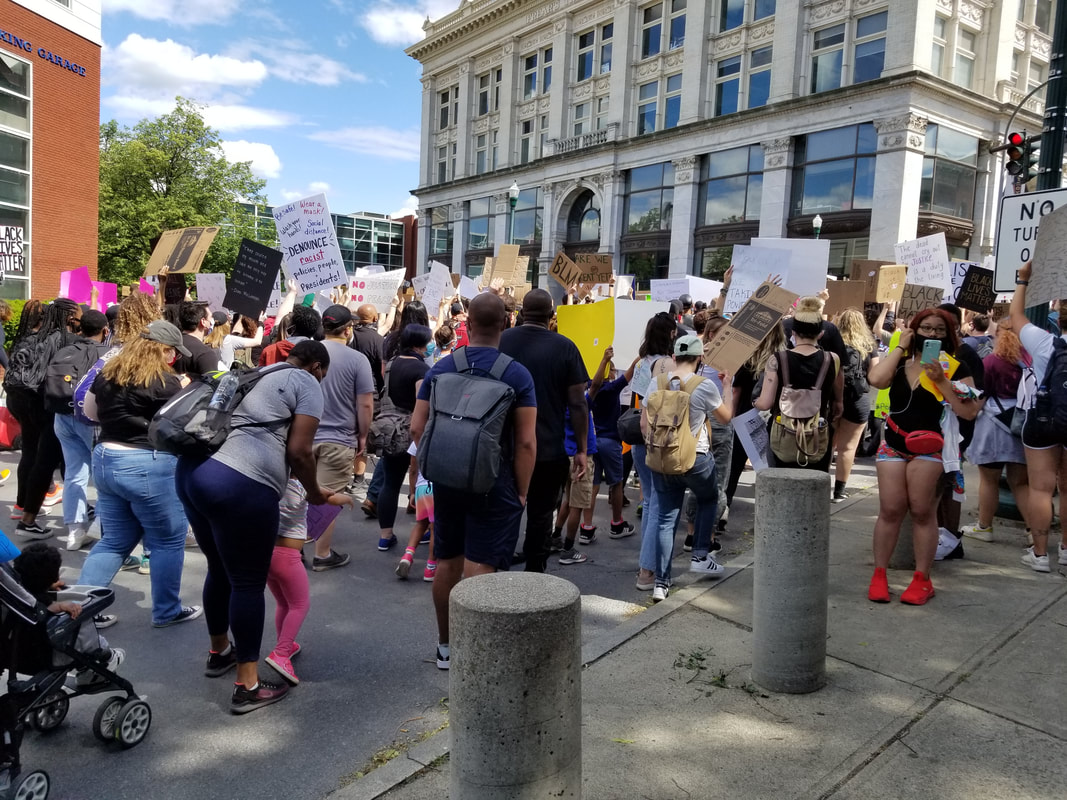
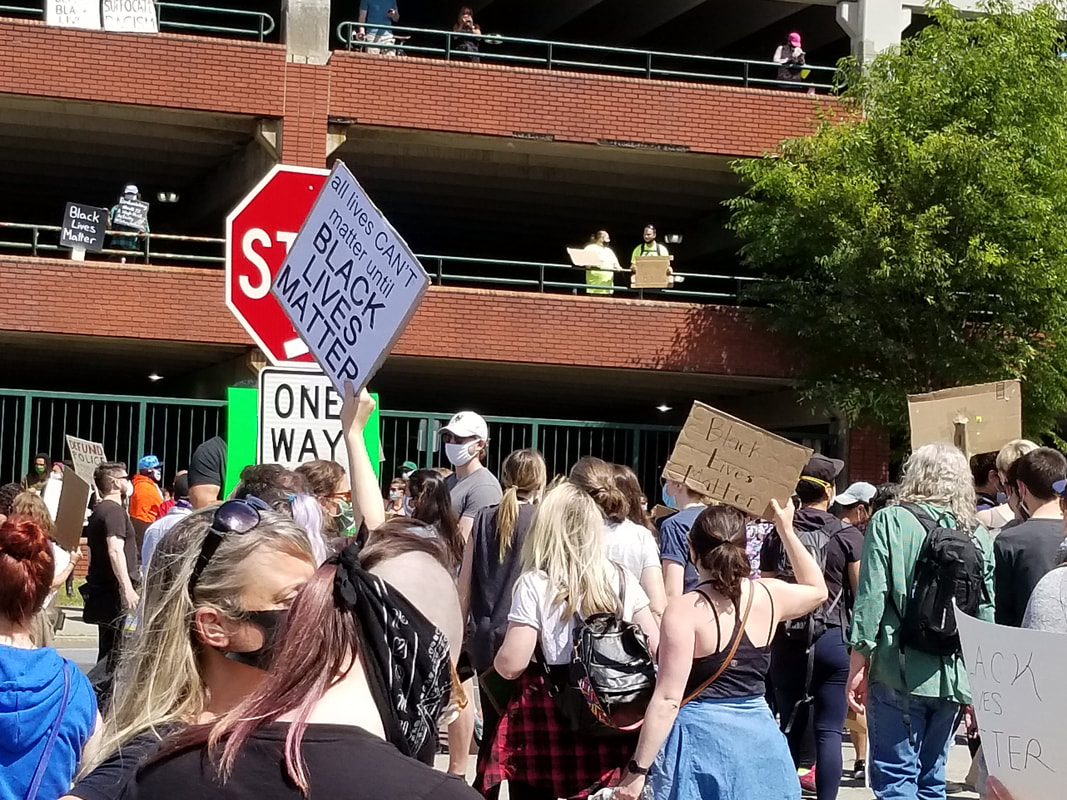
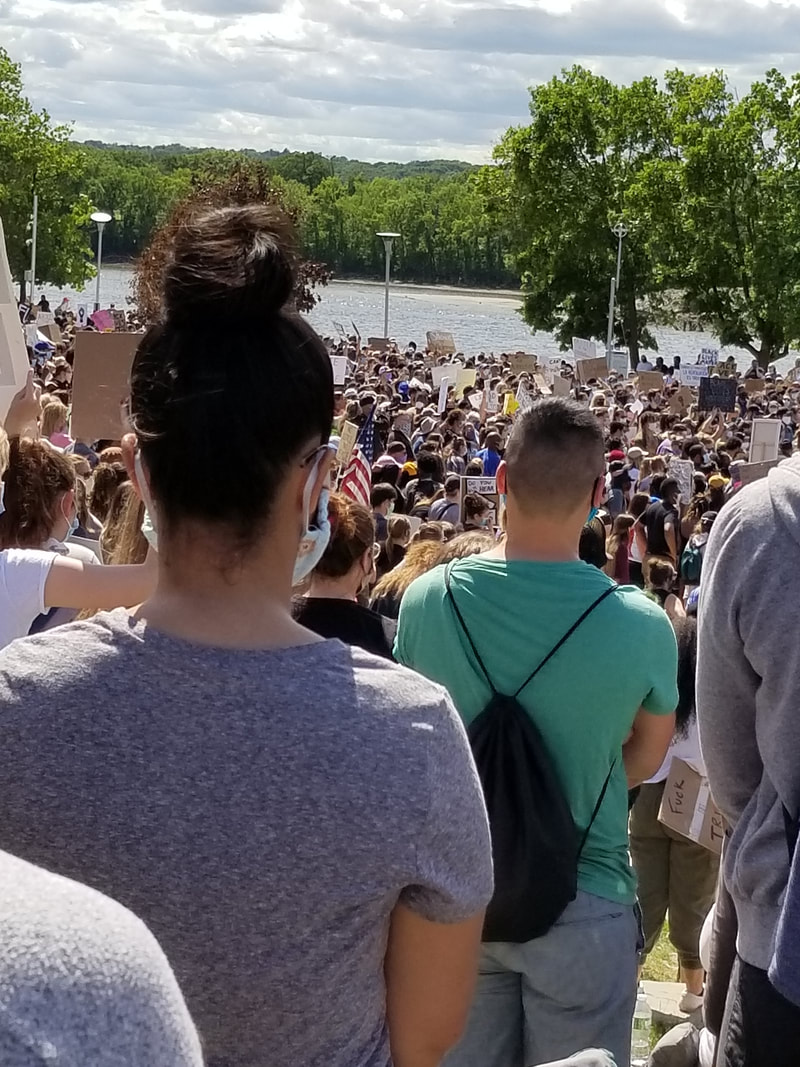
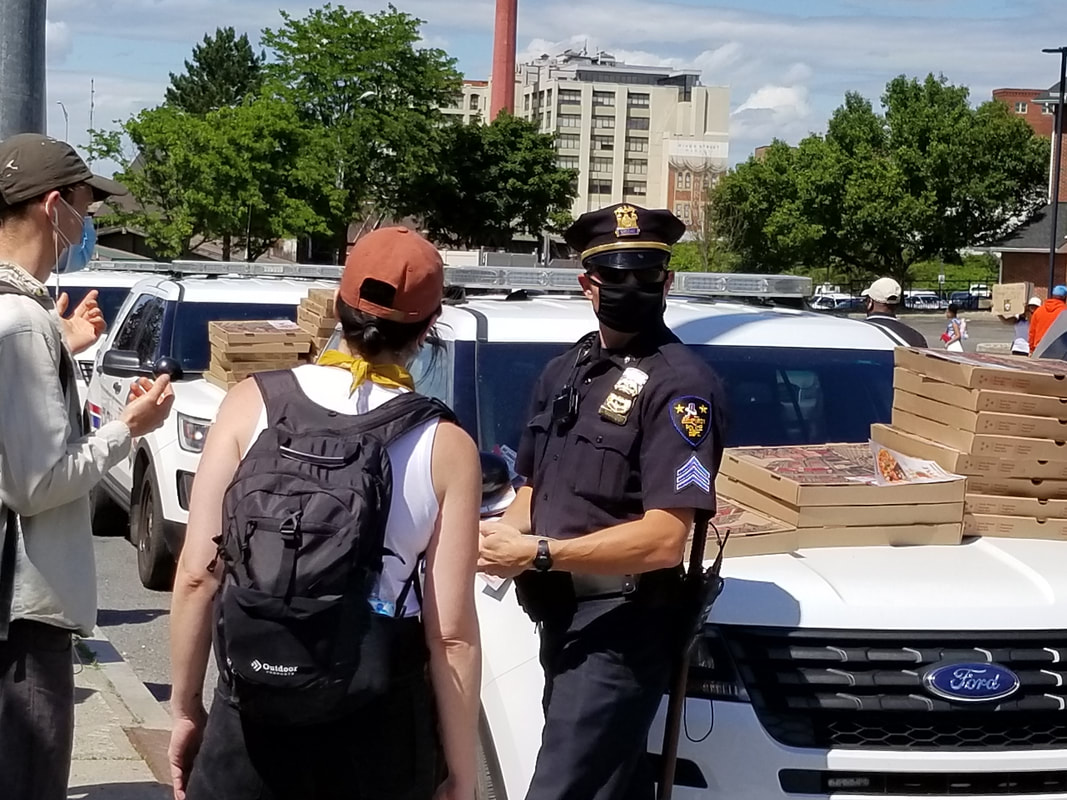
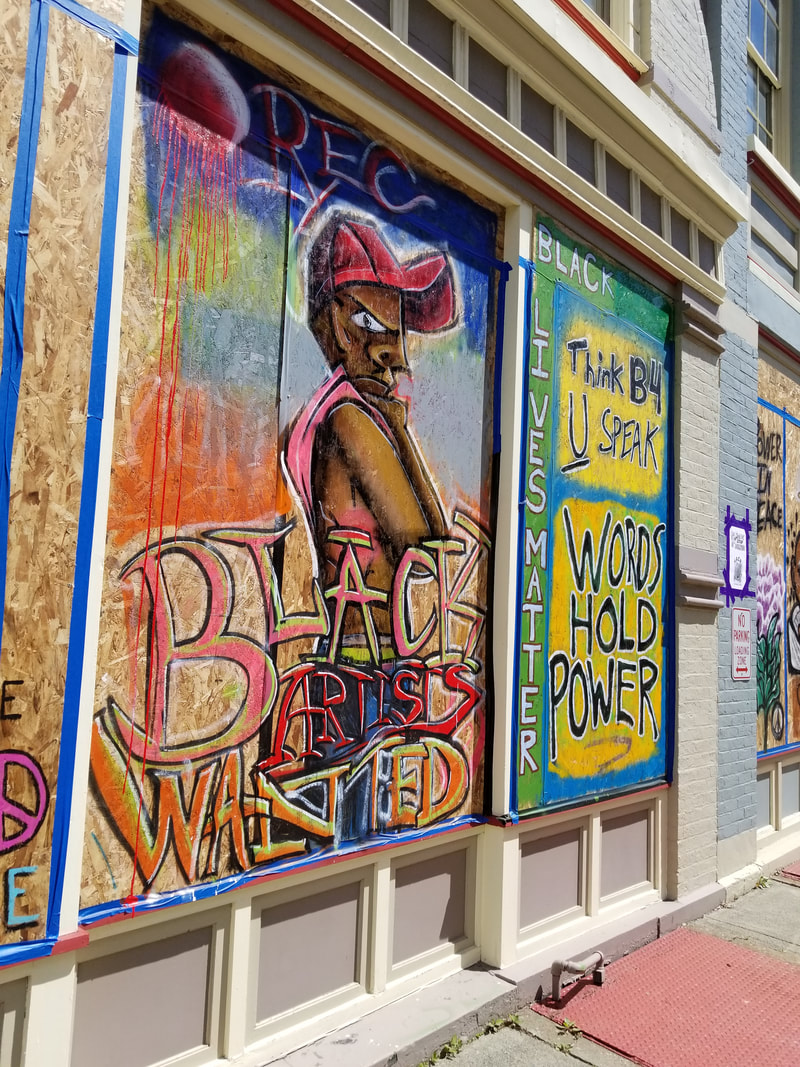
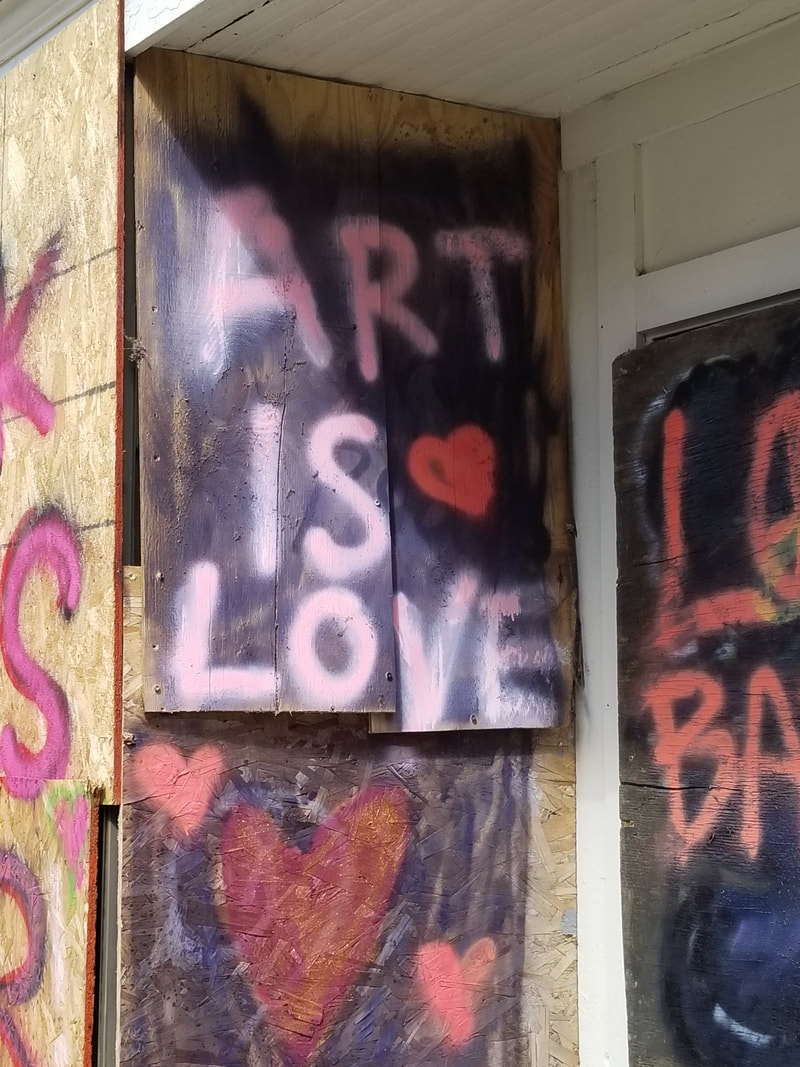
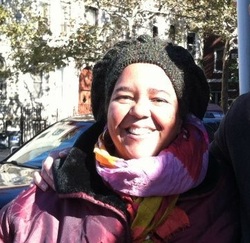
 RSS Feed
RSS Feed
